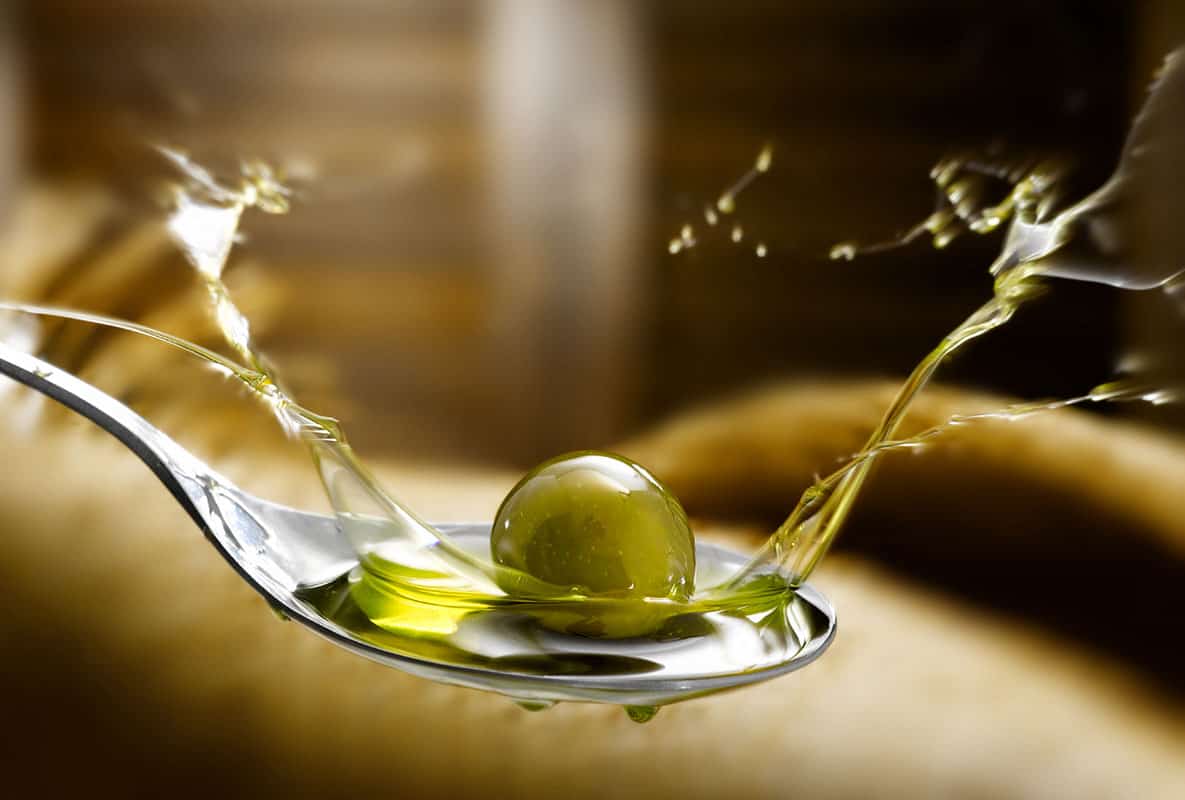For centuries, olive oil has held a revered place in the annals of both culinary and medicinal history. Its golden hue, distinct flavor, and myriad health benefits of olive oil make it a versatile and essential component of kitchens around the world.
In this article, we will delve into the rich world of olive oil, exploring its origins, the remarkable advantages it offers, and addressing common questions that often arise regarding its use.
The Liquid Gold of the Mediterranean: Origins and Varieties
Olive oil is not just another cooking oil; it’s an ancient elixir with a fascinating history. Its roots can be traced back to the Mediterranean region, where the olive tree, scientifically known as Olea europaea, flourished. Olive oil production dates back thousands of years, and it has played a vital role in the diets and cultures of Mediterranean countries.
The process of producing olive oil is relatively simple. Olives are harvested and then pressed to extract the oil. The quality of the oil, however, depends on various factors, including the type of olive, the growing conditions, and the extraction method. The different varieties of olive oil can be categorized as follows:
Extra Virgin Olive Oil (EVOO): This is the highest quality olive oil, extracted from the first pressing of the olives. It boasts a rich, fruity flavor, low acidity, and is packed with antioxidants and phytonutrients. EVOO is often used for drizzling on salads, dipping bread, and in recipes where its flavor can shine.
Virgin Olive Oil: This oil is also extracted from the first pressing but has a slightly higher acidity level compared to EVOO. It still offers excellent flavor and health benefits, making it a good choice for cooking and sautéing.
Pure Olive Oil: Sometimes labeled as just “olive oil,” this type is a blend of refined olive oil and virgin olive oil. It is a milder option with a more neutral taste, making it suitable for frying and baking.
Light Olive Oil: Don’t let the name fool you; “light” here refers to its mild flavor and not its calorie content. Light olive oil is often a blend of refined olive oil and a small amount of virgin oil. It’s a versatile option for cooking where you don’t want the olive oil flavor to dominate.
The Health Benefits of Olive Oil

Olive oil isn’t just a kitchen staple; it’s also a nutritional powerhouse. Here are some of the remarkable health benefits associated with this liquid gold:
Heart Health: One of the most celebrated benefits of olive oil is its positive impact on heart health. It is rich in monounsaturated fats, particularly oleic acid, which can help reduce the risk of heart disease by lowering bad cholesterol levels while preserving good cholesterol.
Antioxidant Power: Olive oil is packed with antioxidants, such as vitamin E and phenolic compounds, which combat free radicals in the body. These antioxidants play a role in reducing inflammation and protecting cells from oxidative damage.
Cancer Prevention: Some studies suggest that the phytonutrients in olive oil, including squalene and lignans, may help protect against certain types of cancer, such as breast and colon cancer.
Weight Management: Contrary to the misconception that all fats lead to weight gain, olive oil can actually aid in weight management. Its monounsaturated fats can help control appetite and promote a feeling of fullness.
Brain Health: The antioxidants in olive oil may also have a positive impact on cognitive function and reduce the risk of neurodegenerative diseases, such as Alzheimer’s.
Digestive Health: Olive oil has been used as a natural remedy for digestive issues for centuries. It can aid in digestion and may help relieve symptoms of conditions like gastritis and ulcers.
Skin and Hair Care: When applied topically, olive oil can moisturize and nourish the skin and hair. Its natural antioxidants can also combat the signs of aging and protect against UV damage.
Conclusion
In conclusion, olive oil is not just a kitchen staple; it’s a treasure trove of health benefits and culinary versatility. Benefits of olive oil
Whether you’re drizzling it over a salad, sautéing vegetables, or using it as a base for marinades, this ancient elixir elevates your dishes and supports your well-being. So, embrace the liquid gold of the Mediterranean and let its golden glow illuminate your kitchen and your health.
FAQ
Can I cook with extra virgin olive oil, or is it only for drizzling and dipping?
You can absolutely cook with extra virgin olive oil. While it’s true that EVOO has a lower smoke point than some other cooking oils, it can still be used for sautéing, roasting, and baking at moderate temperatures. Just be mindful not to heat it to its smoke point to avoid losing its delicate flavor and nutritional benefits.
What is the smoke point of olive oil?
Extra virgin olive oil typically has a smoke point of around 375°F (190°C), while pure or light olive oil has a slightly higher smoke point, around 410°F (210°C). It’s best to use olive oil for cooking methods that don’t exceed these temperatures.
Does olive oil go bad, and how should I store it?
Olive oil can go rancid over time, especially if exposed to light, heat, and air. To prolong its shelf life, store it in a cool, dark place, and keep the bottle tightly sealed. Properly stored, olive oil can last for up to two years or even longer.
